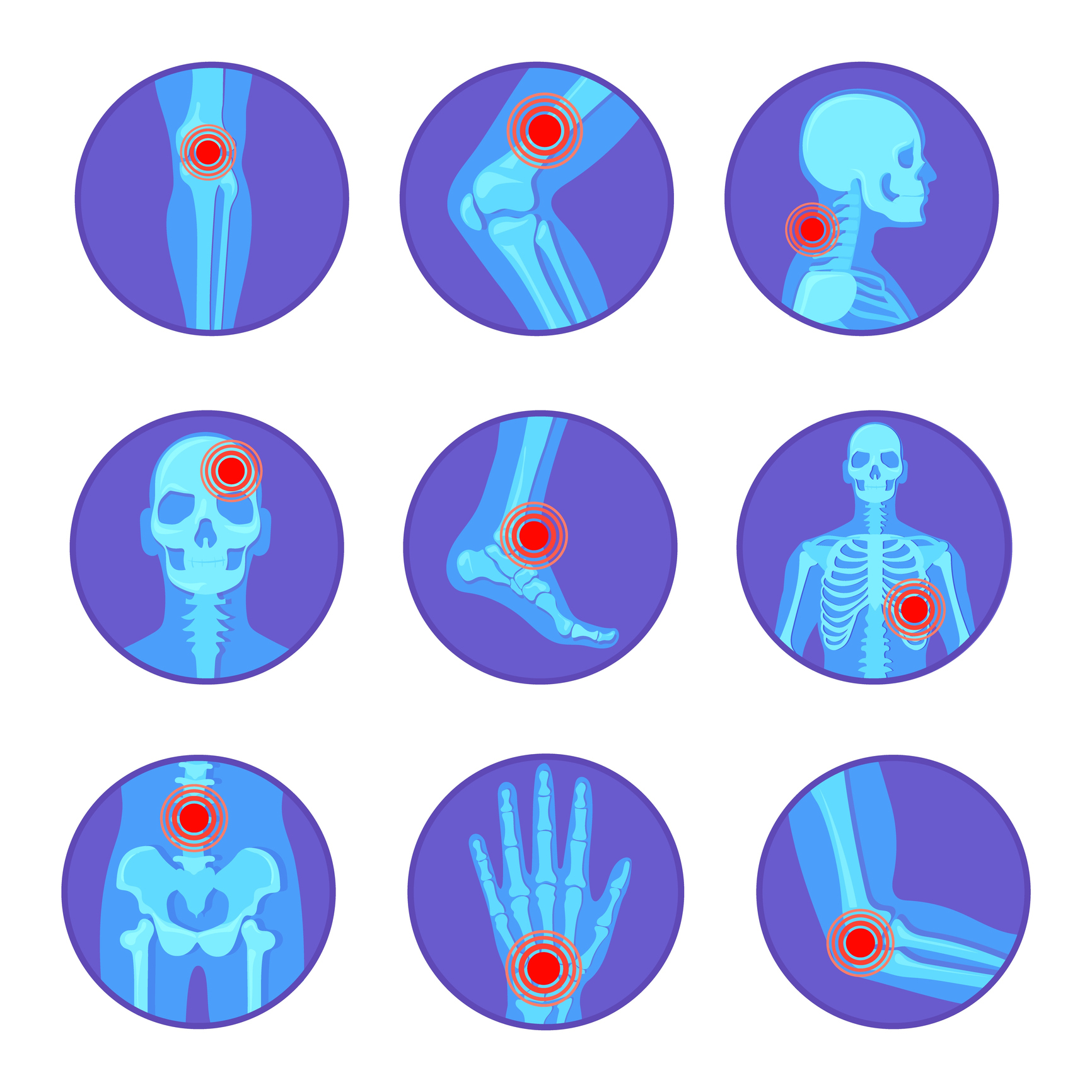The purpose of this study was to look at the role of CD40 ligand in children with Kawasaki illness (KD). There is a scarcity of research on this aspect of KD. This was a case-control study of KD patients treated at the Allergy Immunology Unit of the Postgraduate Institute of Medical Education and Research in Chandigarh, India. Flow cytometry was used to evaluate CD40L expression on activated CD3+ T cells, and an enzyme-linked immunosorbent assay was used to detect soluble CD40L. For the purposes of this study, we included 14 children with KD, 14 healthy controls, and 12 febrile controls. The mean percentage of CD40L expression was greater in KD patients compared to normal and febrile controls. The goal of this study was to investigate the effect of CD40 ligand in children with Kawasaki disease. There has been little investigation into this component of KD. This was a case-control study of KD patients treated at the Postgraduate Institute of Medical Education and Research’s Allergy Immunology Unit in Chandigarh, India. CD40L expression on activated CD3+ T cells was assessed using flow cytometry, and soluble CD40L was detected using an enzyme-linked immunosorbent assay. We enrolled 14 children with KD, 14 healthy controls, and 12 febrile controls in this investigation. When compared to normal and febrile controls, KD patients had a higher mean percentage of CD40L expression. When compared to normal controls, this difference was statistically significant; however, when compared to febrile controls, it was not. Although CD40L expression was reduced following IVIg administration, the change was not statistically significant. After receiving IVIg, the mean sCD40L levels increased substantially.
CD40L may have a role in the pathogenesis of KD. These findings, however, need to be confirmed in larger multicenter trials.


